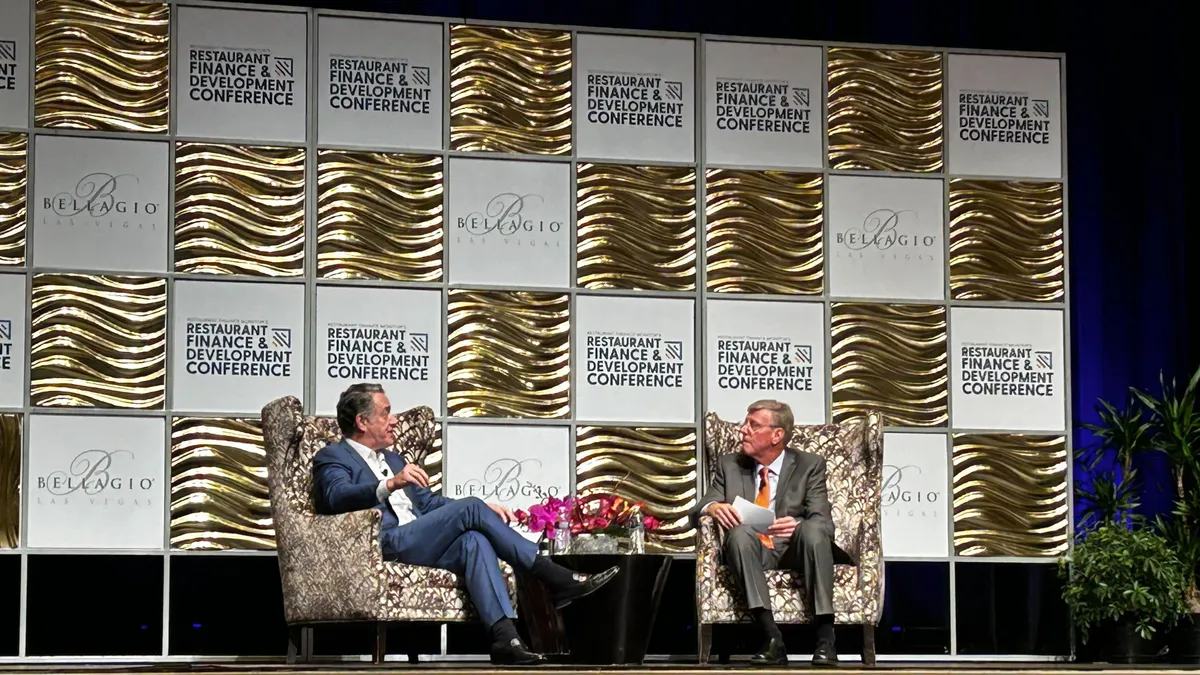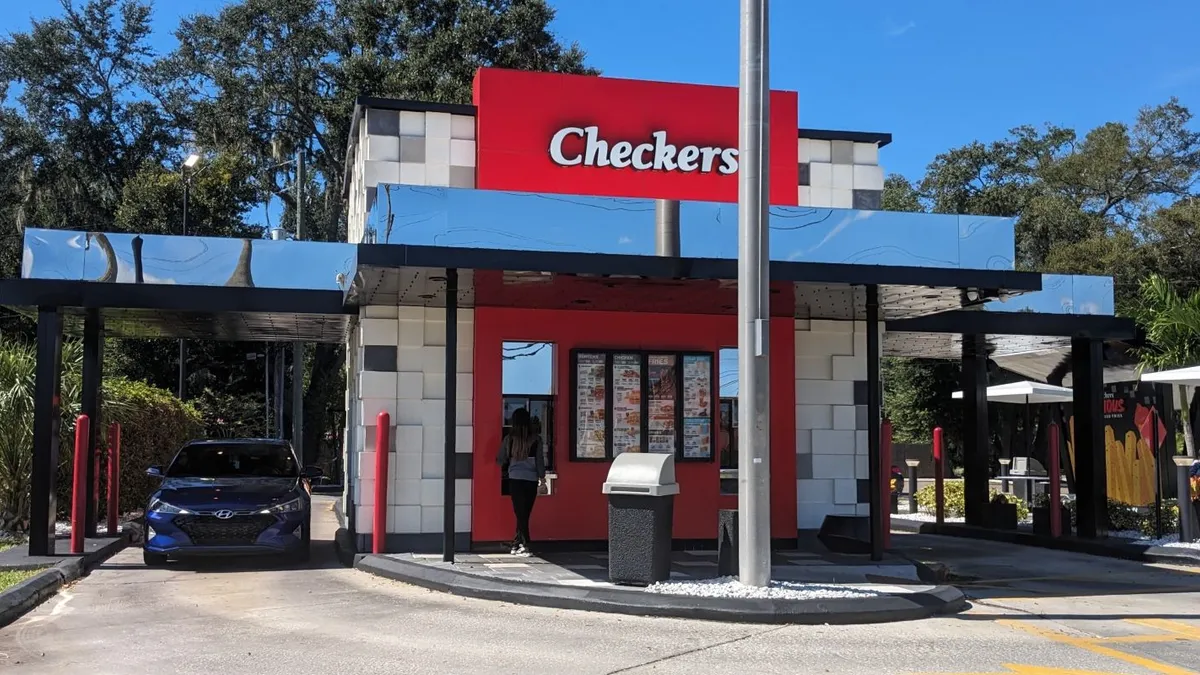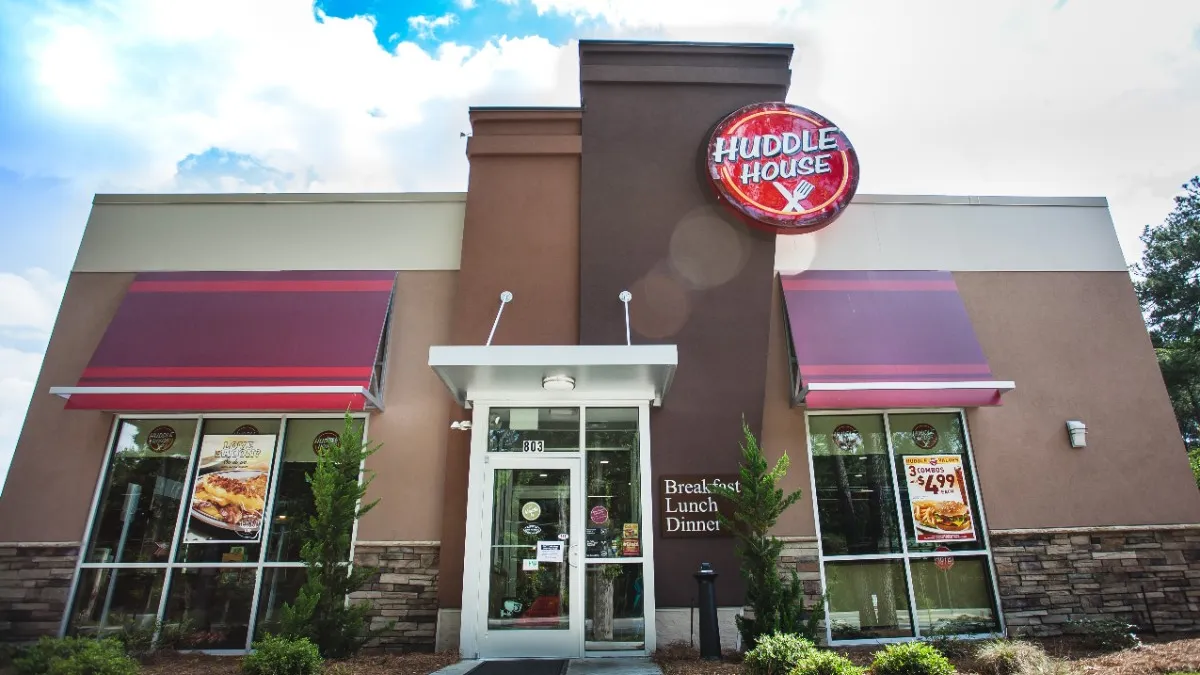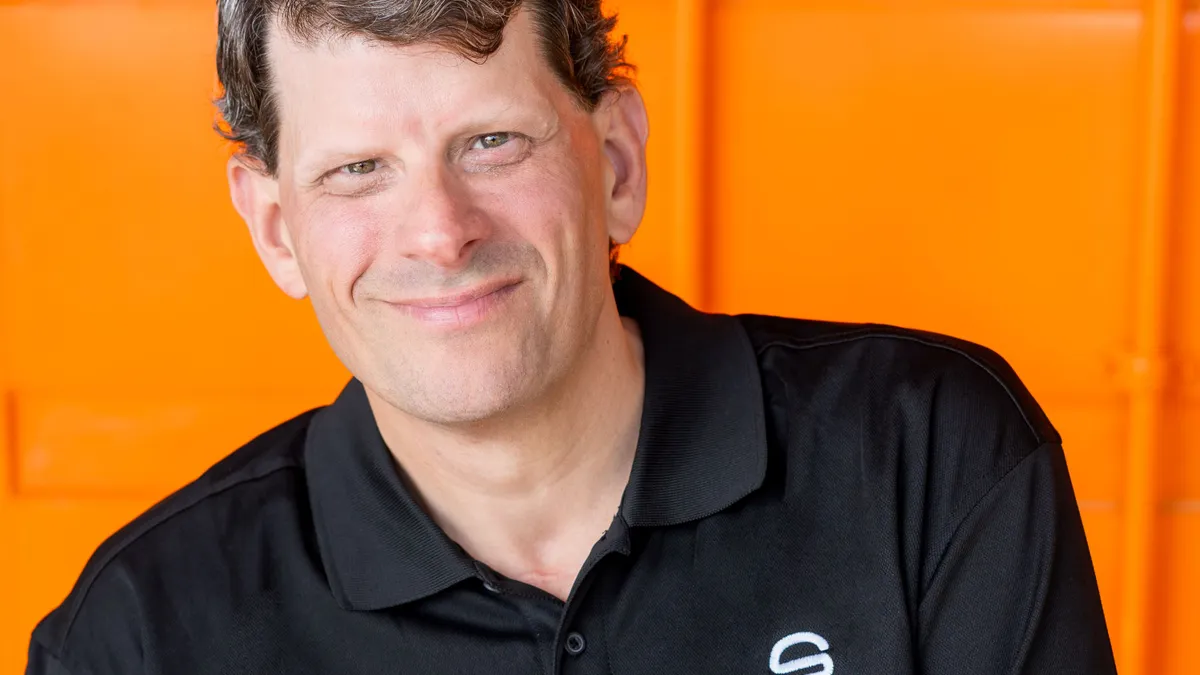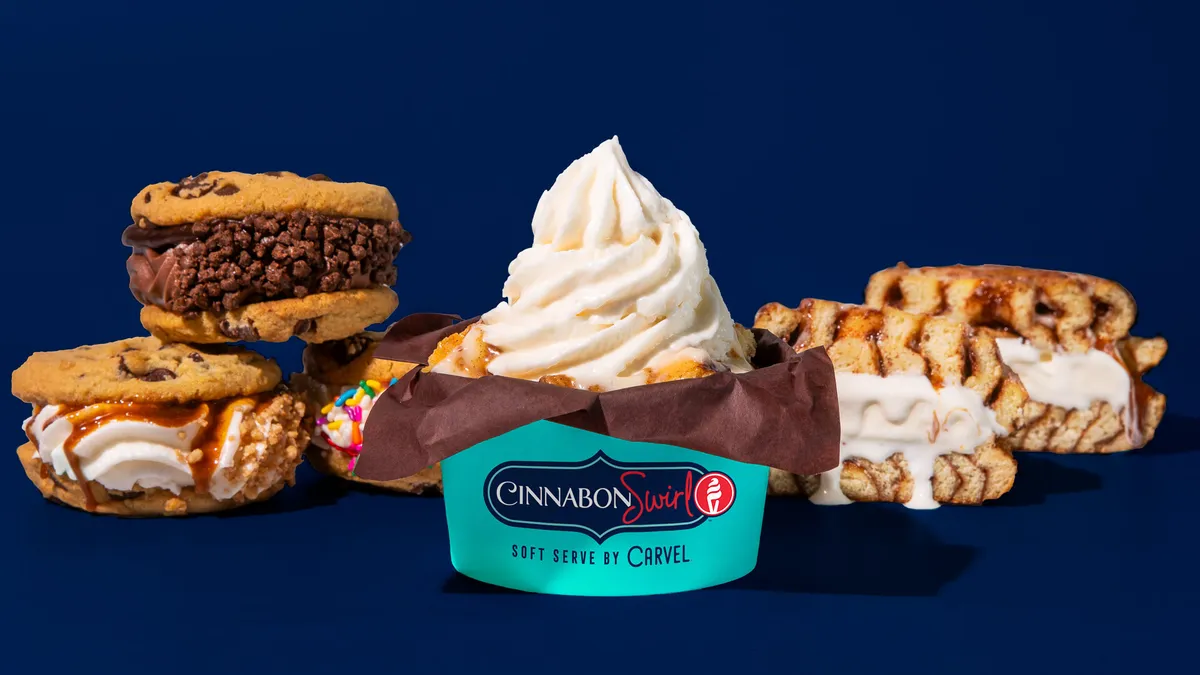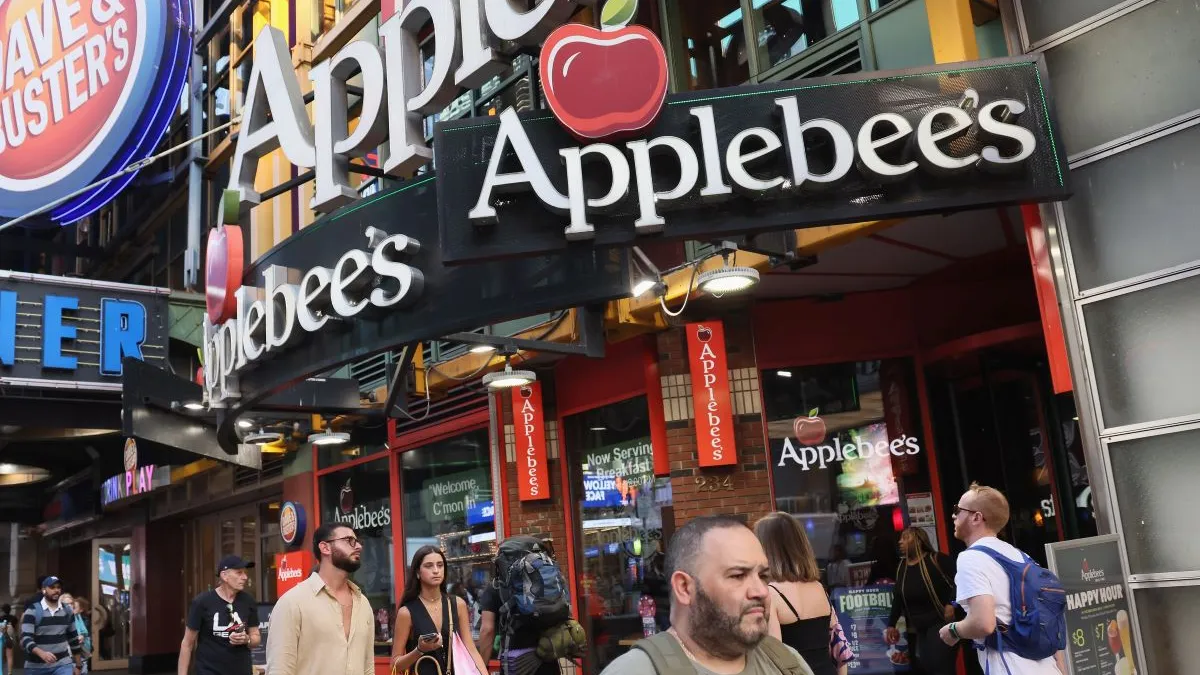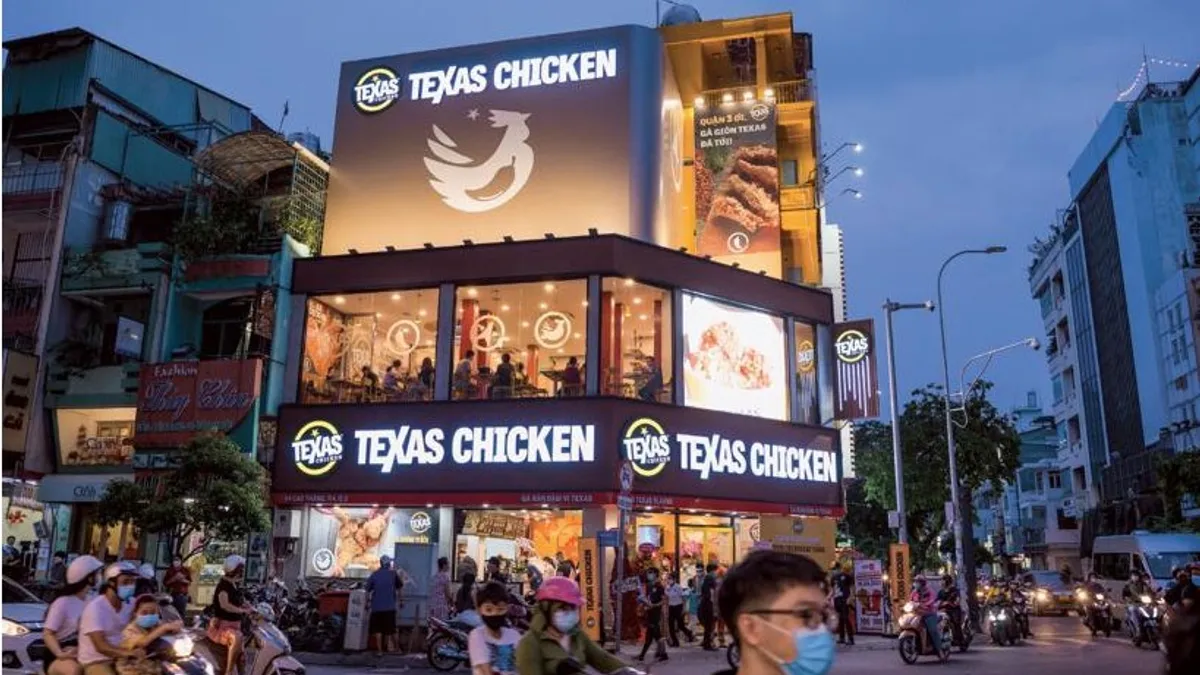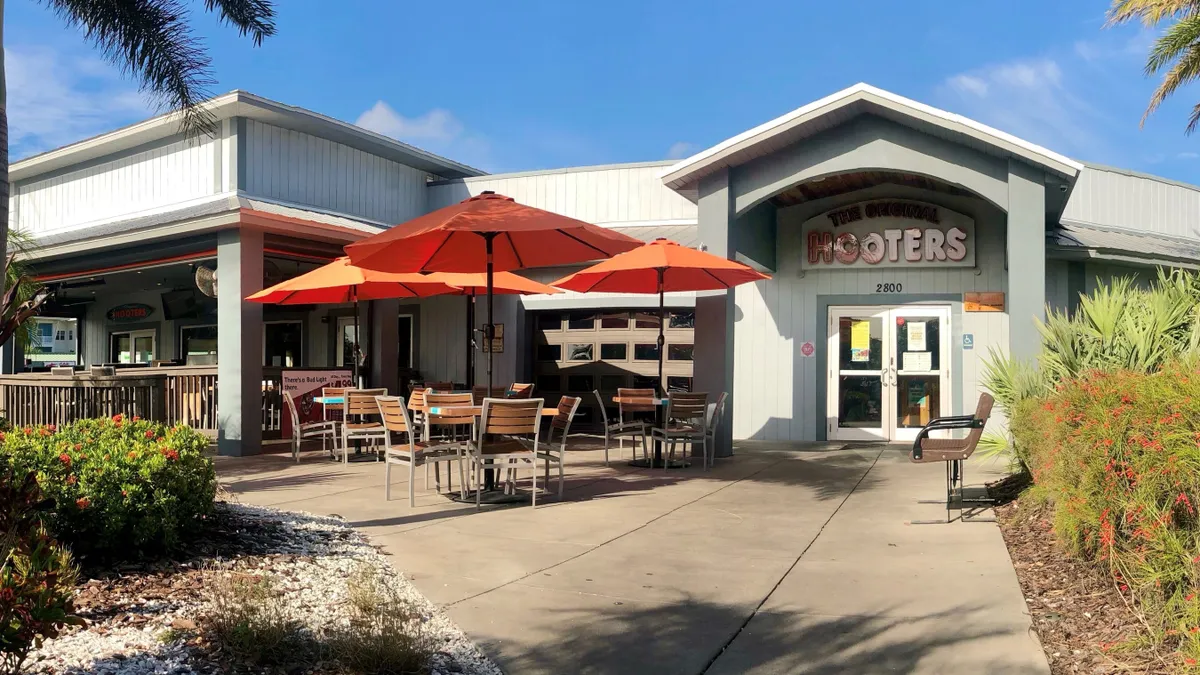LAS VEGAS — Restaurant Brands International may be synonymous with the distinct and mega-popular menus at its four chains, but these recipes aren’t the key to its current or future success, Executive Chairman Patrick Doyle said.
“It’s always a little dangerous to say this, but at the end of the day, our product is not Tim Hortons coffee, and great subs at Firehouse and burgers and chicken,” he said during a fireside chat at the Restaurant Finance and Development Conference on Monday. “Our product is an economic model. As the franchisor, what we provide is a great economic opportunity for franchisees.”
That franchise model has been challenged of late — three major Burger King operators filed for bankruptcy this year after struggling to bounce back from pandemic-induced market conditions. Burger King has bought back some units from its broke operators, and has enacted stricter profitability standards franchisees must meet before they can build or purchase new stores.
Doyle acknowledged these bankruptcies were “a bad thing,” and said business risks snowballed at the chain following the COVID-19 crisis, which stoked financial and structural troubles. The death of a major franchisee also destabilized one of the three businesses.
“The business was not operating at the level that it needed to be operating at [pre-pandemic]. ... Some operators were doing very well, some were struggling a bit more. And on top of that, a number of them had quite leveraged balance sheets, with some as high pre-pandemic as five or six times cash flow, which I will tell you on a restaurant operating business, I think is probably too much,” he said.
Now, Burger King’s franchised system is “doing much better,” and RBI overall posted double-digit growth in franchisee profitability year over year, according to the company’s Q3 earnings results.
Doyle is bullish on continued franchise growth opportunities across its brands in the U.S. and international markets. The company already has a network of franchisees and employees in roughly 120 global markets, he said.
“We already know people we should be talking to [internationally]. We have supplier relationships, I think we buy today from something like 4,000 vendor partners around the world … so it's a really big advantage for us,” he said. “And I think [international] becomes a big part of the RBI story going forward. … We leverage the size and scale of RBI to accelerate growth outside of the U.S.”
Savvy, employee-focused franchising could insulate from union activity
Because it leans so heavily on franchisees to run its system — RBI owns just a couple hundred of its 30,000 restaurants around the world — it’s crucial that the company work with operators that are invested in developing their teams and improving their models.
“People use the term owner-operator interchangeably with franchisees, and I think where people have gotten in trouble is when they are just owners. You have to be both. An owner implies simply the capital, but you have to be a great operator as well,” Doyle said.
“It is very easy to pull together the spreadsheets that show how [a franchise is] going to create enormous value over time, but sometimes I think people get lost on spreadsheets, and forget that at the end of the day, it's about people, it’s about great food, it’s about great service. And the spread sheets don’t happen if that’s all you’re looking at.”
It’s more challenging for multi-unit operators to foster the talent acquisition and retention required to build solid teams, but still possible, he said, Rival QSR companies have recently embraced multi-unit franchisees as preferred partners over single-unit operators, as such operators often come with more experience and deeper pocketbooks.
Regardless of franchisee size, a genuine connection with staff could save on turnover costs and help improve back-of-house operations, while helping restaurant companies avoid union activity, Doyle said.
“If you've got franchisees who are connected to their people, who are doing right by them, who understand what the issues are of their employees, then there's never going to be a need for [a third party] to get between them,” he said. “[Employees] need to feel like they are working for a person and not for a company.”
Doyle posited that this dynamic could be one of the root problem’s behind Starbucks’ sweeping union drive, since Starbucks’ system is almost exclusively company owned.
RBI has especially invested in the franchise system of Burger King U.S. via its $400 million “Reclaim the Flame” brand overhaul, which has been underway for over a year. These changes, including modern store models, new technology and equipment, are designed to help franchisees reach higher levels of success, he said.
“Our job is to create an economic model that, on average, is very good. The job of the franchisee is to do even better with it and create a great economic model for themselves,” he said. “We spend 99% of our time improving that economic model for the franchisees.”



